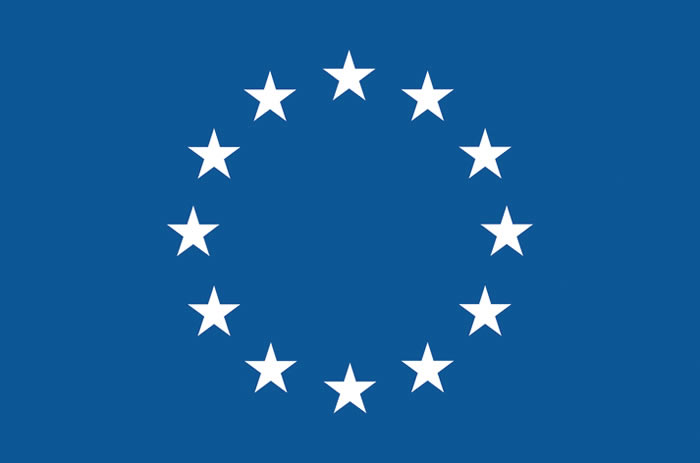Hammer-Andersen, Jeanette

Jeanette Hammer Andersen is a Professor in marine bioprospecting, Head of Marbio, an analytical platform for natural products at UiT. Research interest: Marine biodiscovery, with emphasis on bioactivity screening and identification of natural products with potential for drug discovery and nutraceuticals.
Abstract:
Arctic marine biodiversity as a source for novel compounds
Topic:
The success of natural products in drug discovery is unparalleled, in particular for anticancer therapeutics, where nearly half of the currently marketed drugs are derived from natural products. The marine environment comprises the majority of the global biodiversity. The wide-ranging genetic variation has engendered unique biosynthetic pathways that produce structurally diverse small organic molecules that extend the chemical space. In 1969, the first marine-derived anti-cancer drug, cytarabine (Cytosar-U®), was approved. This has since been followed by eight additional marketed marine derived anticancer drugs, including Lurbinectedin (Zepzelca® 2020). Currently, several other marine natural products are under clinical evaluation. As the marine environment and its organisms have become more accessible over the last decades, it is expected that the ocean will be the next great source of novel chemistry.
Our research group, Marbio, UiT explore Arctic and sub-Arctic marine organisms, searching for compounds with activities against cancer, bacteria and diabetes as well as compounds with immunomodulatory and antioxidative effects. We are screening a unique collection of cold-water invertebrates and marine microorganisms, and we have identified several novel bioactive molecules. The bioactivity testing and chemical investigation of extracts of the Arctic, marine hydrozoan Thuiaria breitfussi led to the isolation of the natural products, breitfussin A – H. Breitfussin C and D were found to selectively inhibit the survival of several cancer cell lines, with IC50 values as low as 340 nM. The results demonstrates that the Arctic marine biodiversity can provide novel chemistry. Marine natural products can provide a starting point for optimization of compounds for preclinical and clinical drug development.
Back to speaker overview Back to Oral- and Flash presentations overview





